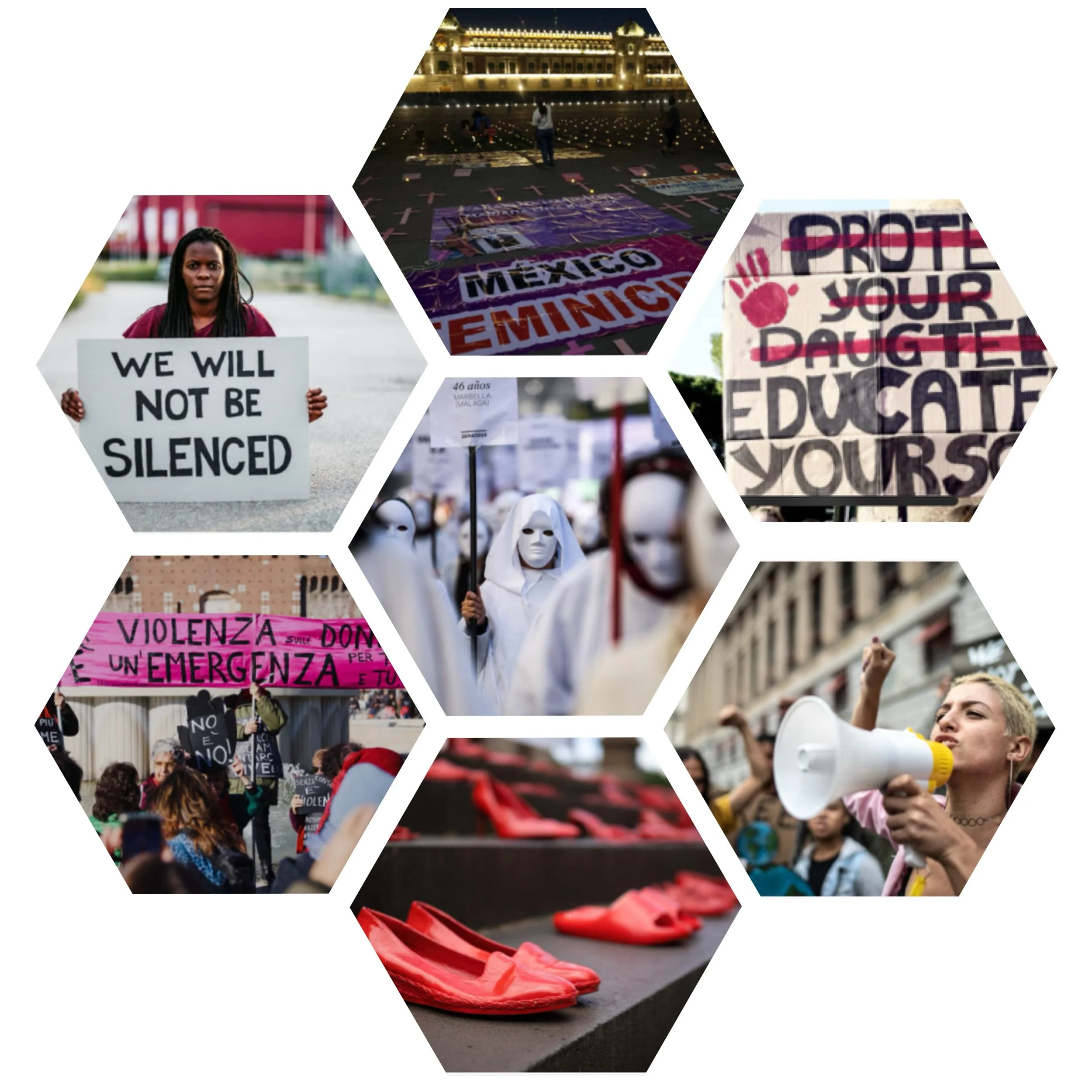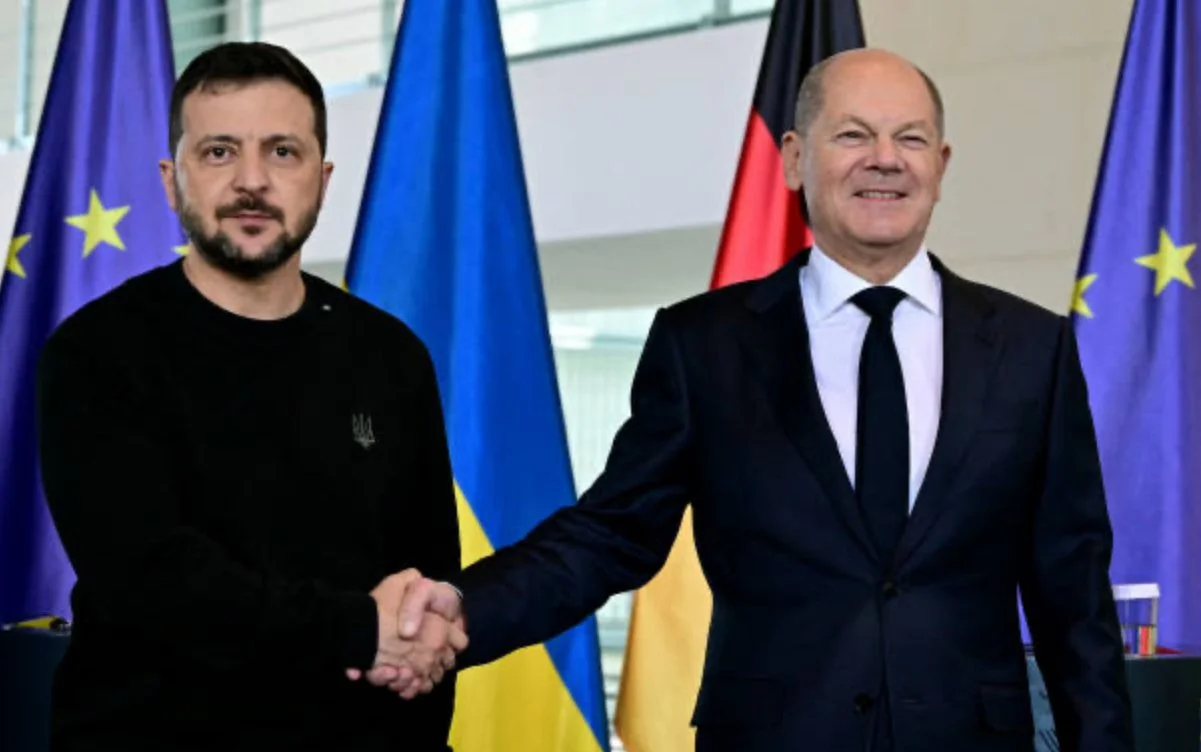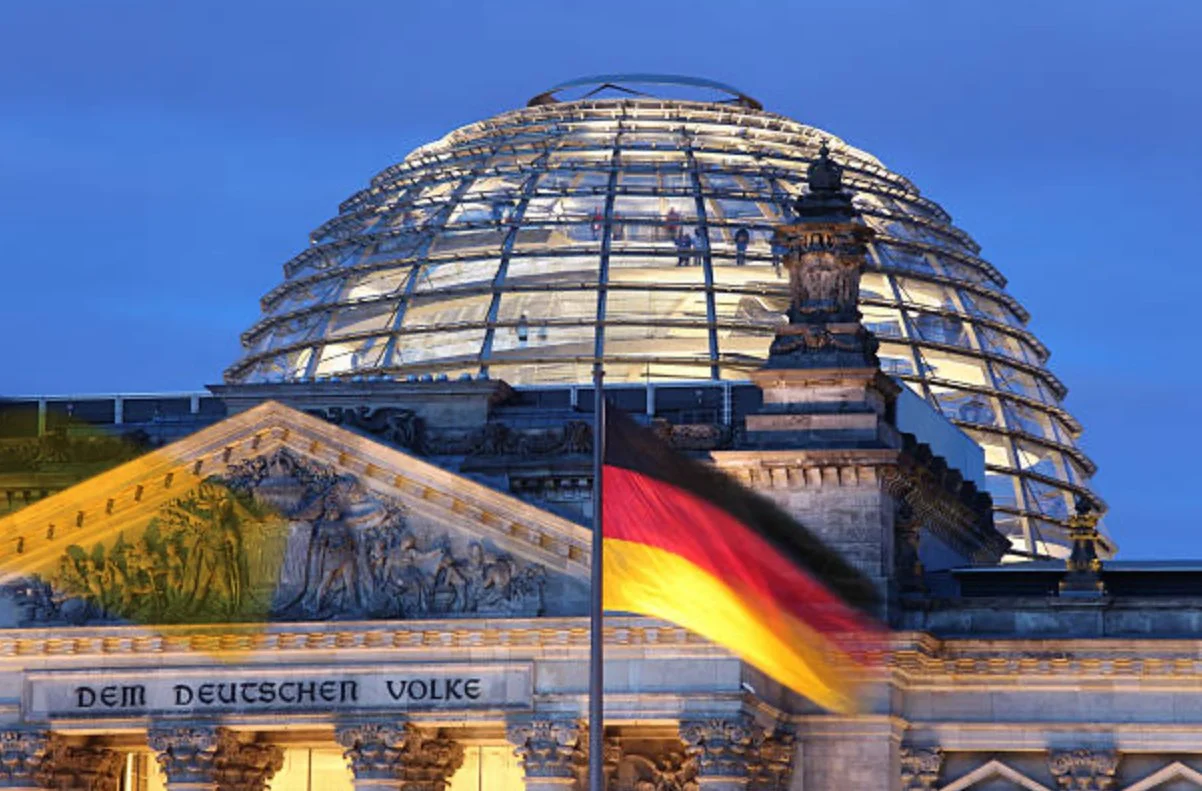Angela Markle defends her migration and Russian ties
Introduction
In her recently released memoir titled Freedom, Angela Merkel defends her policies regarding migration and her ties with Russia during her 16-year tenure as Germany’s Chancellor. The book, which has sparked significant discussion, addresses criticisms she has faced since stepping down in 2021, particularly concerning her open-door policy for refugees and her approach to Russian relations.
Defense of Migration Policy
Open-Door Policy:
Merkel reflects on the 2015 refugee crisis, during which over a million asylum seekers entered Germany. Critics argue that her decision not to push back asylum seekers at the Austrian border contributed to the rise of the far-right Alternative for Germany (AfD). In her defense, Merkel states she does not understand how a friendly gesture, such as posing for a selfie with a Syrian refugee, could be misinterpreted as an invitation for mass migration.
Economic Necessity:
She emphasizes that Germany’s aging population necessitates legal migration to maintain economic stability. Merkel argues that “prosperity and the rule of law will always make Germany and Europe places where people want to go,” highlighting the need for a balanced approach to immigration that includes protecting Europe’s external borders.
Reassurance Against Far-Right Rhetoric:
Merkel warns mainstream political parties against adopting far-right rhetoric without offering concrete solutions to existing problems, suggesting that such an approach could lead to their failure.
Defense of Russian Relations
Engagement with Putin:
Merkel defends her long-standing engagement with Russian President Vladimir Putin, despite acknowledging his manipulative tactics. She describes him as “a man perpetually on the lookout, afraid of being mistreated,” and asserts that maintaining diplomatic and trade relations with Russia was crucial given its status as one of the world’s major nuclear powers.
Energy Policy Critique:
While facing criticism for Germany’s reliance on Russian gas, particularly following Russia’s invasion of Ukraine, Merkel points out that agreements like Nord Stream were initiated by previous administrations. She argues that these pipelines were necessary as transitional energy sources while Germany shifted towards renewable energy.
NATO and Ukraine:
Merkel also addresses her opposition to Ukraine’s NATO membership in 2008, stating it was unrealistic to believe that such a status would have shielded Ukraine from future aggression.
Conclusion
Merkel’s memoir presents a robust defense of her policies on migration and Russia, framing them within the context of economic necessity and geopolitical realities. Her reflections aim to clarify her decisions during a tumultuous period in European history while addressing the criticisms that have emerged since her departure from office.






